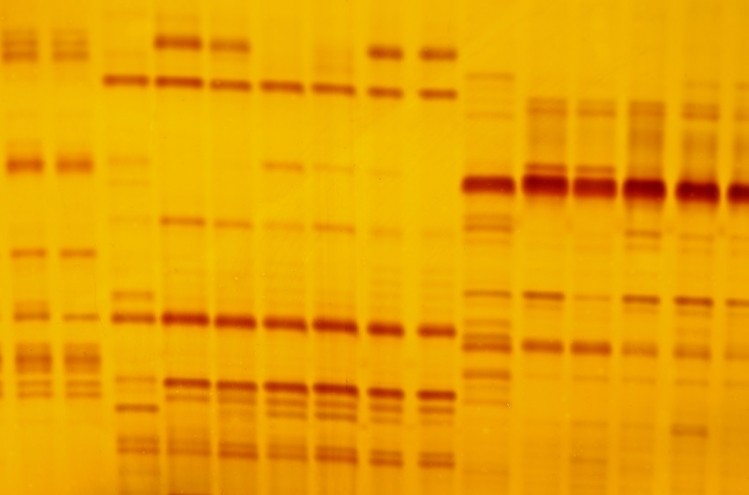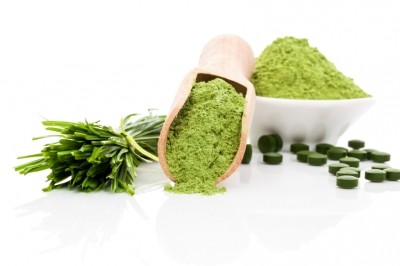DNA barcoding and its reference materials
Gaia Herbs VP: An assay is only as good as the reference material

Since New York Attorney General Schneiderman announced the results of his investigation via the New York Times the industry has united behind its criticism of the use of DNA barcoding for botanical extracts.
As reported by NutraIngredients-USA in 2013, DNA barcoding offers a lot of potential for botanical testing, and is incredibly reliable, but only when performed on appropriate material. While extracts may contain DNA, it is often of low quality or degraded to a point that makes it impossible to perform proper authentication, explained Stefan Gafner, PhD, Chief Science Officer at the American Botanical Council.
In addition to the Why? question, the How? is also vital in the conversation. Indeed, one of the four questions posed by the Council for Responsible Nutrition in its letter to the NY AG was for the opportunity to review the reference standards against which the test results were compared.
The NY AG has so far refused to release any details about the methods and reference standards used in the study. All we know is that the tests were carried out by James Schulte II, an associate professor of biology at Clarkson University in Potsdam, NY, and Beckman Coulter Genomics, a Massachusetts company.
Beckman Coulter Genomics refused to answer any questions from NutraIngredients-USA about the testing methodology and their reference materials, citing confidentiality clauses. Dr Schulte refers questions back to the NY AG’s office.
GenBank
So what do specialist herbal and botanical supplement brands do? Dr Jeremy Stewart, VP of scientific affairs for Gaia Herbs in Brevard, NC, told us that Gaia uses an array of techniques to ensure identity, including DNA characterization, which it outsources to AuthenTechnologies.
“For us, DNA analysis is only really used at the raw material stage because it’s less processed and there’s a high chance of viable DNA being in there,” he said. “DNA analysis is appropriate at the finished product stage but only if there is DNA in the sample. For an extract, the chance of viable DNA is much less likely than at the raw material stage.”
As a result, Gaia Herbs does not subject its finished products to DNA barcoding. “We have different testing for our finished products and the testing complies with the validated methods.”
Another issue is with those reference standards, he said. “An assay is only as good as the reference material. In 2010 you could only get about 34 of the 170 materials we were using. We retained samples of all of our raw materials lots and we’ve used them to create our own DNA library with about 400 different samples.”
Industry sources have told NutraIngredients-USA that if labs are not at an herbarium then they are probably using NIH’s GenBank genetic sequence database, which sources allege is full of erroneous data.
In addition, Andrea Schwarzbach, PhD, from the University of Texas at Brownsville, told Prevention magazine that a fairly complete database of already-identified DNA samples for comparison currently doesn't exist.
Commenting on the results for rice and beans, Dr Stewart added, “If the powdered extract is made by drying the extract onto a powder base like rice then you could get a result from rice.”
“If this had happened to Gaia, we would have seized the opportunity to talk about our ID program and talk about what we do.”
The company operates with a seed-to-shelf approach, he said, all housed at its 250 acres of organic farm and 45,000 sq. foot manufacturing facility and analytical lab in the Blue Ridge Mountains of North Carolina. Gaia Herbs has about 30 of its 200 employees in QA/QC, or 15% of its workforce.
Suppliers
Ingredient suppliers are also adding to the debate. George Pontiakos, president and CEO of BI Nutraceutials, said that DNA testing is not a panacea, it is only one aspect of a layered approach to species identification testing.
“Partnering with an ethical supplier who has the infrastructure, expertise, investment and commitment to quality is the key to avoiding any misperceptions on the safety, quality and efficacy of a product.
“Buying quality raw material for use in dietary supplements is not a challenge if that’s what you are looking for. There are reputable suppliers who control the chain of custody for our materials from the source to the receiving dock and have the capital strength to invest in exhaustive species identification testing, quality control and vendor surveillance programs. But that logically translates to a higher cost for those raw materials,” he added.
















